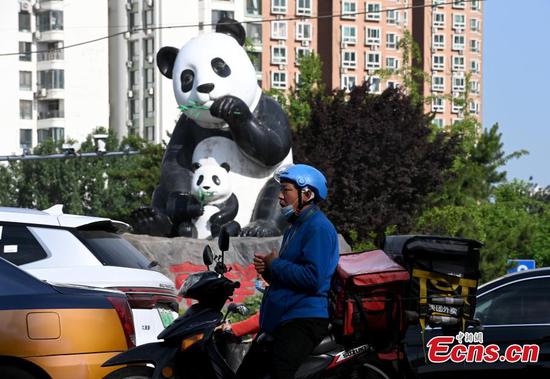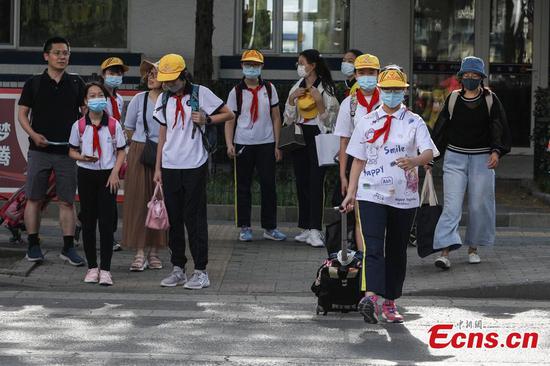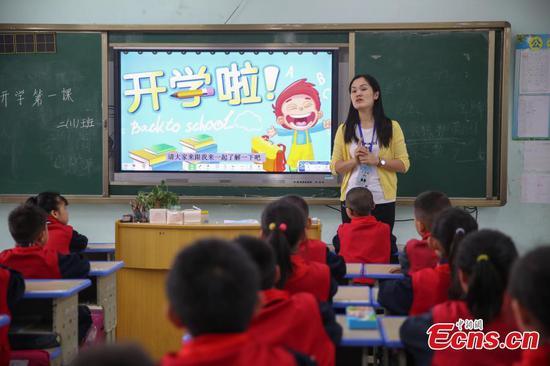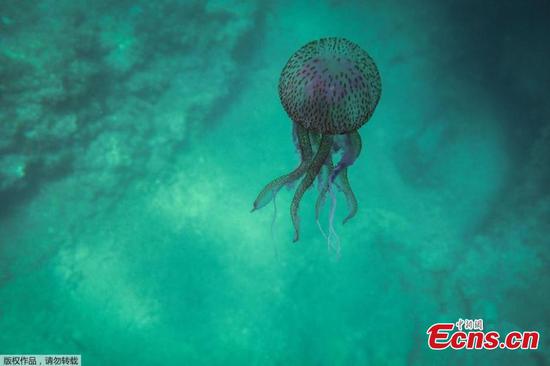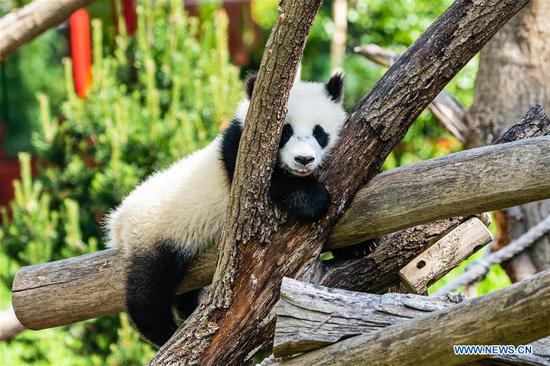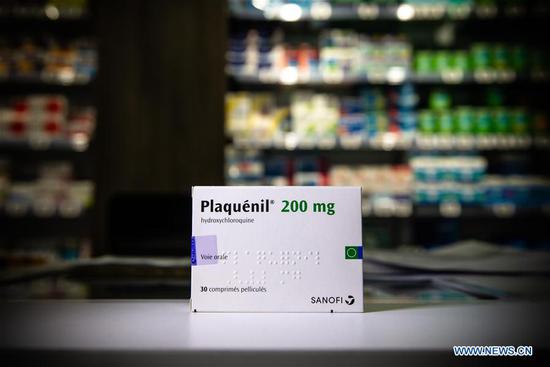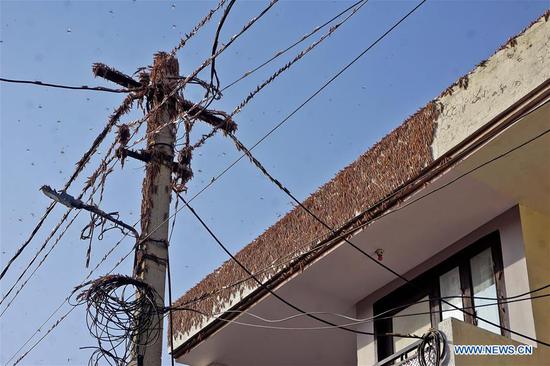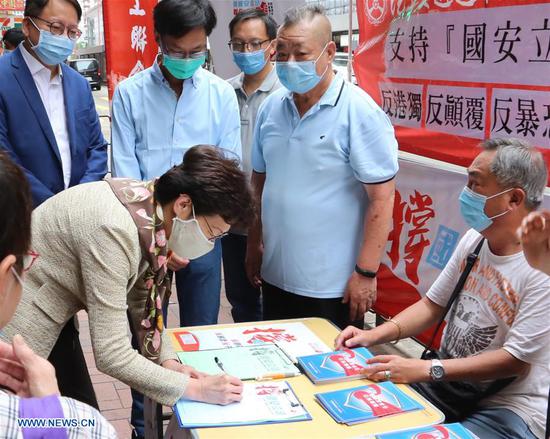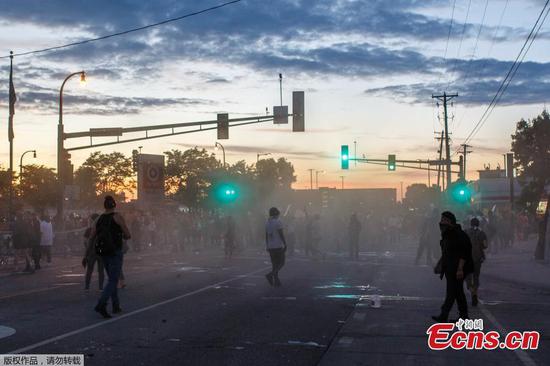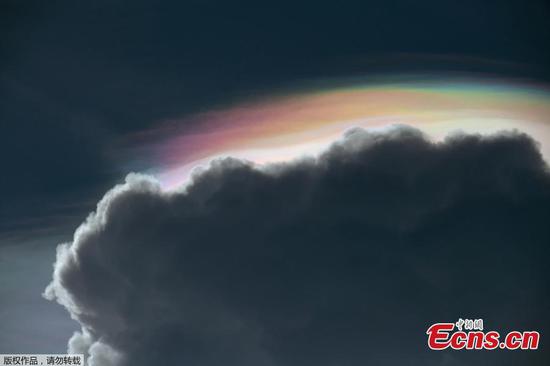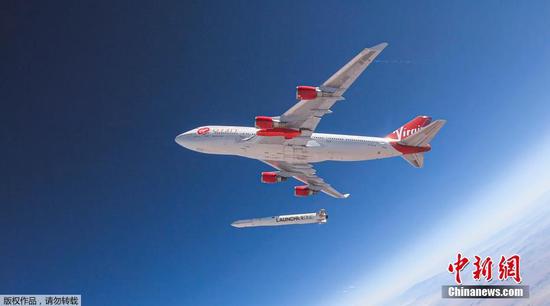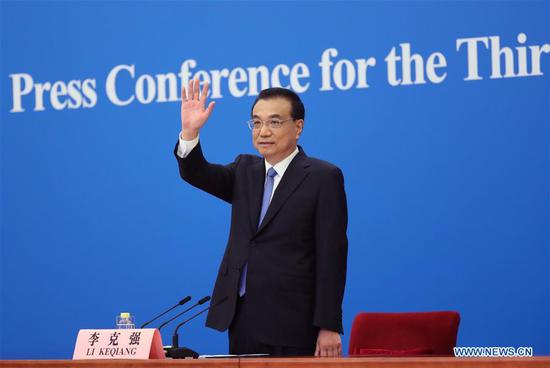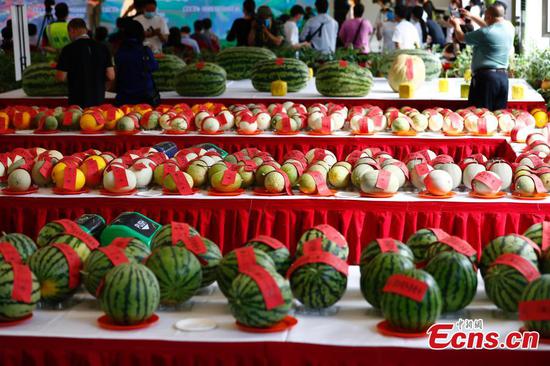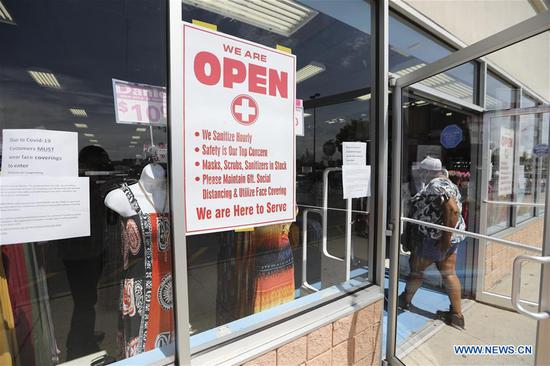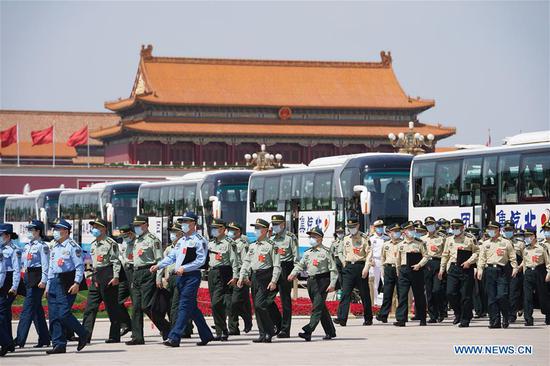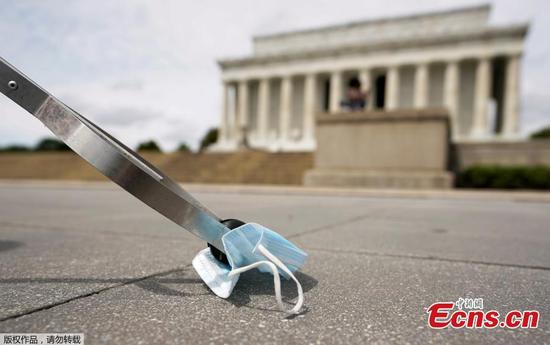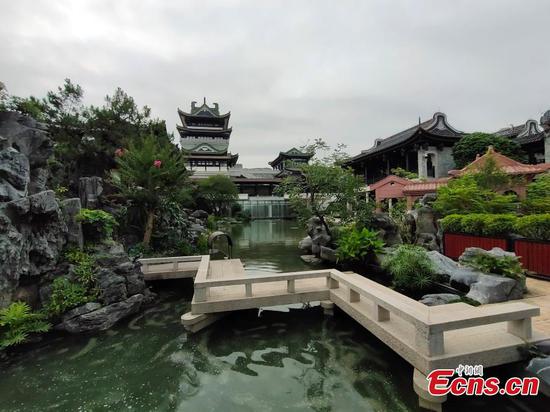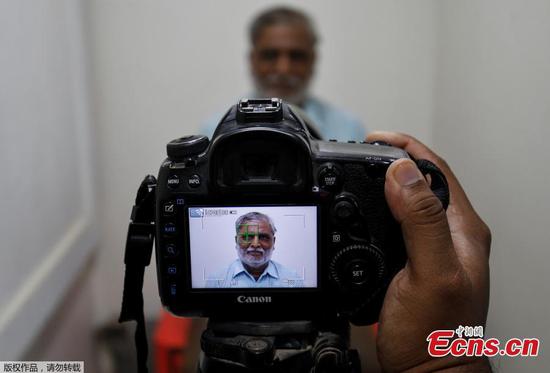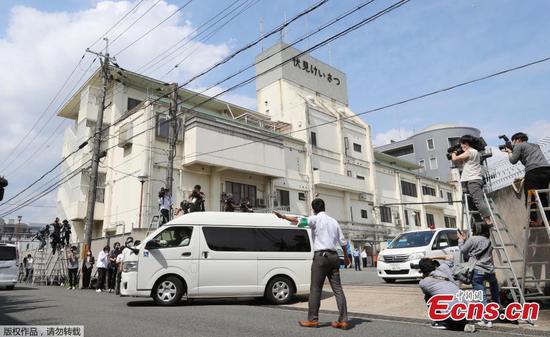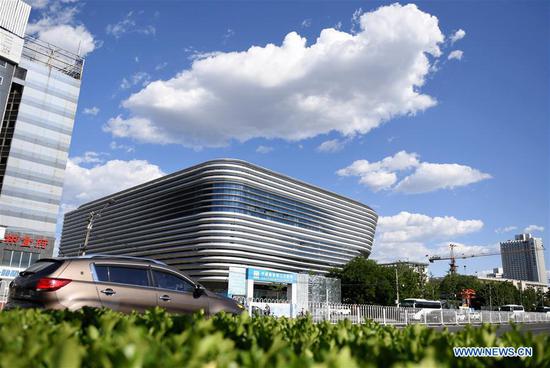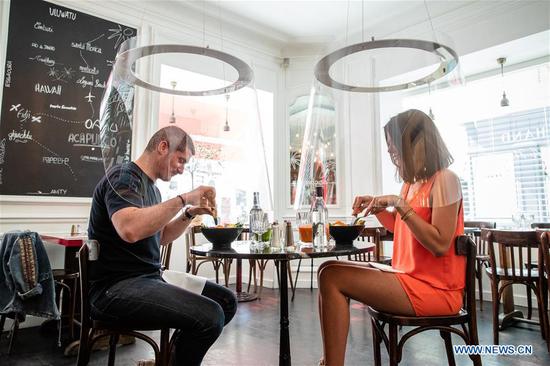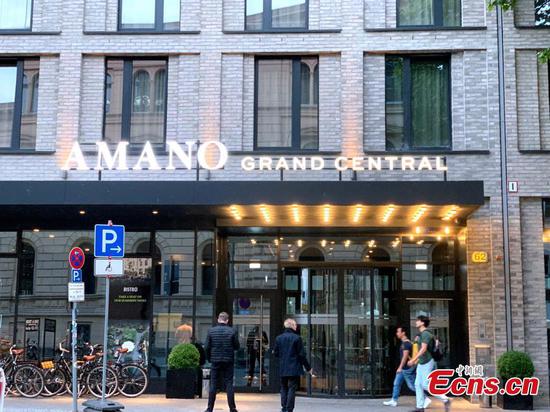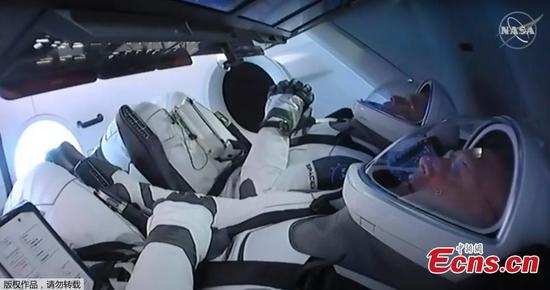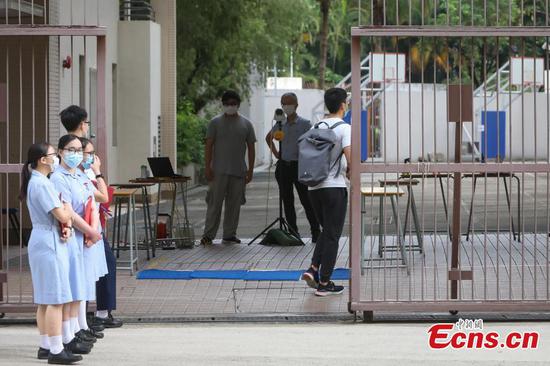In response to the U.S. threat to cancel the special treatment for Hong Kong, the Hong Kong business community said it will not do good to anyone, as this will not only damage the mutually beneficial relationship between the two sides, but also harm the interests of U.S. companies and investors in Hong Kong.
The Hong Kong business community is not too worried about the threatened U.S. sanctions, which are expected to have little impact on Hong Kong at this stage.
In a statement released on Saturday, the Chinese Manufacturers' Association of Hong Kong expressed regret over the U.S. decision, noting that it would undermine the mutually beneficial economic and trade relations between Hong Kong and the United States over the years and disrupt the world's free trade order.
The association said Hong Kong is the largest source of the U.S. trade surplus in goods, and Hong Kong's special status is the best channel for the U.S. enterprises to enter the Chinese mainland market. The U.S. move not only damages the mutually beneficial relationship between the two sides, but also damages the interests of U.S. companies and investors in Hong Kong, casting a shadow on the future economic and trade relations between Hong Kong and the United States.
Ng Wang Pun, president of the Chinese Manufacturers' Association of Hong Kong, said the national security legislation for Hong Kong is aimed at plugging Hong Kong's legal loopholes to protect national security and safeguard the nation's sovereignty, which will help to maintain a safe, friendly and free business environment in Hong Kong.
Ng hoped that all countries in the world will look at this legislation rationally and continue to maintain long-term stable and mutually beneficial economic and trade relations with Hong Kong.
According to Raymond Young, CEO of the Chinese Manufacturers' Association of Hong Kong, most of Hong Kong's trade in goods is re-exports, with exports to the United States accounting for only 0.1 percent of the total export volume. Moreover, the industry began to diversify its business to Southeast Asia and other places during the U.S.-China trade tensions, so the it is not expected to have a great impact.
Tara Joseph, president of the American Chamber of Commerce in Hong Kong (AmCham), said that it was "a sad day" for Americans in Hong Kong when the U.S. announced it would cancel the special treatment for Hong Kong. However, this does not mean that U.S. companies will withdraw from Hong Kong, she said. The AmCham will continue to work with its members to maintain Hong Kong's status as a vital business center.
Felix Chung, honorary chairman of Hong Kong Apparel Society Limited, said that there will not be much impact on Hong Kong's economy for the time being even if the U.S. cancels the special treatment for Hong Kong.
Chung criticized the U.S. for imposing sanctions on Hong Kong, urging some Hong Kong people who expected the so-called "help" from the United States to wake up.
Jeffrey Lam, a member of the Legislative Council of the Hong Kong Special Administrative Region, said the United States earns a trade surplus of about 30 billion U.S. dollars in Hong Kong every year. The U.S. decision will be beneficial to nobody.
The Guangdong-Hong Kong-Macao Greater Bay Area and the Belt and Road Initiative will bring a large number of development opportunities to Hong Kong, Lam said, urging Hong Kong people and businesses not to worry about the national security legislation, but to focus on how to develop the economy after the COVID-19 pandemic.
Daniel Yip, chairman of the Federation of Hong Kong Industries, said the United States intends to restrict the export of high-tech products to Hong Kong, which is believed to have an impact on high-end scientific research in universities.
However, in recent years the United States has scrutinized the export of scientific research equipment from universities, and the Hong Kong industry has gradually adapted to the restriction, Yip added.











